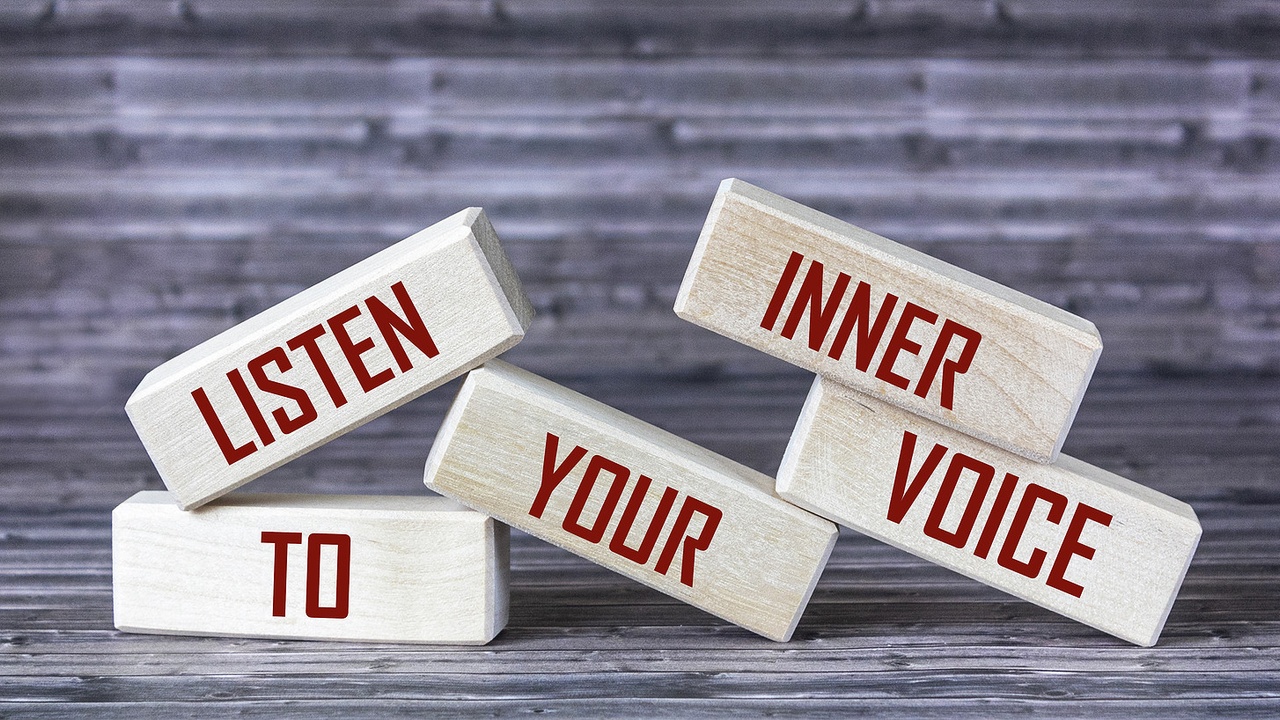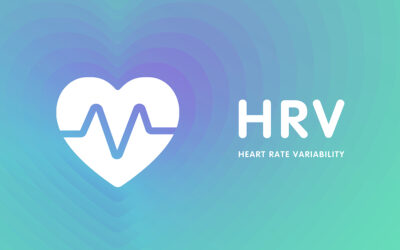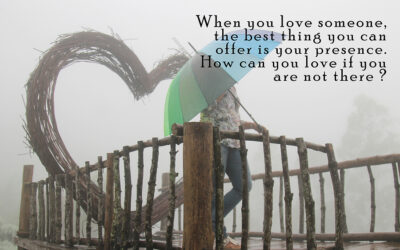With the abundance of self-help resources available today (more than at any other time) on so many health and wellness topics, why aren’t we thriving as a nation?
This is the essence of the question Garret Kramer posed to start his presentation, “Why Stillpower Always Works Better Than Willpower”. Intriguing isn’t it? We have access to all these tools to help us be better, yet our society is declining. Why?
Kramer’s philosophy is that external tools and tricks like mantras, affirmations or relaxation techniques only serve to lower performance in sports and life. The answers we seek do not exist outside ourselves, we already know. He claims we do not need help from outside. Rather, all we need to do is look within and trust ourselves.
“Stillpower … is your inner source of excellence … it revolves around a deep faith in your inner wisdom and innate resilience; in trusting that all sentiments are temporary since they originate from your own thoughts and moods. Stillpower comes from knowing that self-worth has nothing to do with winning, losing, parental approval, money, fame or anything external to you.”
Our consciousness which Kramer interprets as “state of mind, mood, awareness or level of psychological functioning” dictates how we see the world. When we are at a low level of consciousness the world is blurry, like we are looking through a dirty windshield. When our consciousness is high the sky is crystal blue and our vision is clear.
Thinking is what creates our state of mind and our state of mind creates our experiences. We are in control of our thoughts and mood, your level of consciousness is not a result of your situation. You are not a victim of your environment. This explains why people in terrible conditions can be at a high level of consciousness. It is not the circumstance that drives your mood, but your perception of your situation.
For example, during a competition you fall, make a bad pass or miss a shot. How you react to these events is a reflection of your level of consciousness, not a consequence of the event. If your mood is high the incident will be quickly forgotten as you reengage with the competition. If your awareness is low, however, you will struggle to regain your performance.
Likewise, what if you are tempted with a yummy treat when watching your calories? In a high mind state you may easily pass up the luxury. In a low mood, however, you may gobble down the sweet. Same situation, different responses based on your level of consciousness.
Our mood is in constant flux moving up and down like a wave. One minute we are happy and content while the next we may be sad, anxious or fearful. It is when we are at these low states of mind that we seek out help and apply external tools which then takes us farther from our ideal mind state. The new paradigm that Kramer advocates is that if left alone your mind will self-correct back to clarity and higher consciousness. You don’t need to do anything to get there!
The more we think and try the lower our consciousness dips. Which is why implementing an external strategy when we’re down only drags us even lower. Any active “doing” such as repeating a mantra requires thinking. Instead, when our consciousness is low Kramer advises, going about our day and allowing the mind to auto-correct while we do nothing to change it. In time your consciousness will rise on its own.
Kramer’s Tips for Practicing Stillpower
- Struggles only occur when you are not operating from a clear mind-set. So when you attempt to solve problems from this state of mind, your performance will only get worse.
- Understand that no matter what you are thinking at any moment in time, there is nothing you actually have to do.
- You will perform to the best of your ability from the ease, simplicity, and peacefulness of stillpower.




